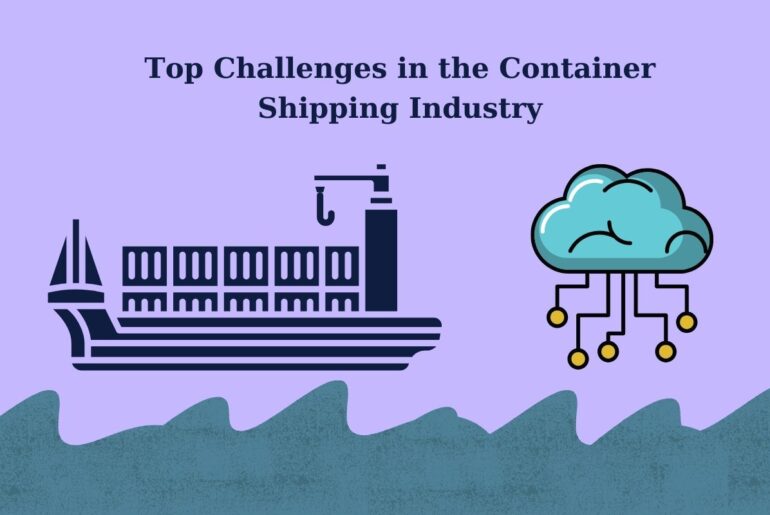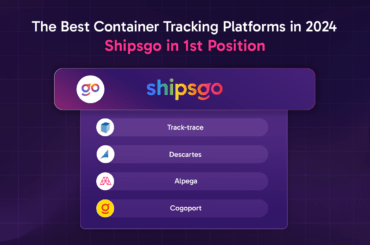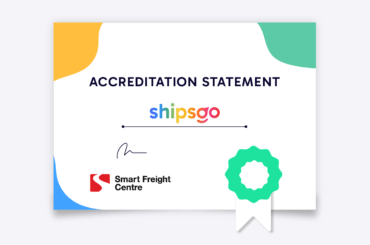As global trade accelerates unprecedentedly, digitization revolutionizes how shipments are managed and transported. The dramatic effects of digitalization have transformed numerous industries, including container shipping. The adoption of digital technologies in shipment management is essential to increasing efficiency while cutting costs and improving logistics; this article explores their transformative effects, how technology is changing the industry, and the side of digitalization impact.
The Dawn of Digitalization’s Impact on Container Shipping
The impact of digitalization has heralded the dawn of a new era for container shipping, marked by an end to traditional paper-based processes and automated tasks from booking to tracking, making operations more agile and responsive than ever. Companies use advanced technologies such as Internet of Things devices, AI, and blockchain to optimize workflows and increase supply chain visibility in this digital age.
Real-Time Shipment Tracking and Visibility
One of the critical impacts of digitalization on container shipping is real-time tracking and visibility. Whereas this could have been more convenient or accurate, shippers and logistics providers can now monitor their shipments’ exact location and status in real-time to improve decision-making and take proactive measures against disruptions, thus reducing delay risk and increasing customer satisfaction.

Efficiency Through Automation
Automation has become the cornerstone of container shipping’s digital transformation. Technology makes industry operations run remarkably efficiently – from automated documentation processes and intelligent container management systems to customs clearance services, inventory control services, and route optimization software.
Companies can allocate their resources more effectively while focusing on strategically important aspects of their operations. The impact of digitalization has transformed vast container shipping data into an invaluable asset, enabling companies to glean insights that drive informed decision-making through data analytics and machine learning. Predictive analytics helps detect issues before they arise and take proactive measures for timely shipments; tapping into data has become a competitive edge within this industry, aiding strategic planning and resource allocation processes.
Digitalization’s impact on container shipping cannot be denied, fundamentally altering the industry from within. Real-time tracking, automation, and data-driven decision-making have become integral features of modern shipment management. As more industries embrace digital technologies, they should become even more efficient, resilient, and responsive to global trade’s ever-evolving needs. Our journey toward a fully digitalized container shipping ecosystem continues – promising further innovations shaping its future logistics operations.





